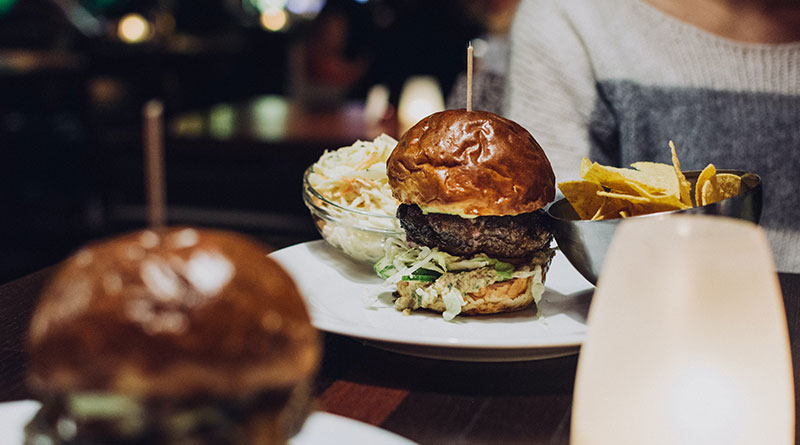Recession Threat Drives Negative Sentiment, Despite Some Recovery

Lumina Intelligence’s Wholesale Market report showcases that the majority of business leaders across the grocery retail (54%) and eating out market (58%) are expecting trading conditions to deteriorate to July 2023, with many wholesale customers seeking out support from businesses and government as consumer discretionary spend will be hard fought for across the next 6 months.
The squeeze on household budgets has been highlighted by business leaders as the most important long-term consumer trend impacting eating out and grocery this year. Consumer confidence plunged to a new low of –49 in September 2022, boosted by +2 points in October following the announcement of an energy price cap.
Weaker confidence is likely to see consumers reducing discretionary spend on commodities including food and drink out of home, prompting operators across the market to implement initiatives to aid in the cost-of-living crisis, such as Brakes’ Simply Steak range, aimed at helping foodservice operators retain beef across menus. Adding to these initiatives, Cold Chain Federation has launched a guide to support its members in reducing energy, to lower costs and meet Government targets. The definitive guide offers operators details on temperature-controlled facilities, including to create an energy strategy and what investments can reduce usage.
Despite the hit on overall confidence, there are indicatives of recovery, and as of today, two thirds of foodservice have not postponed business planning and investment. Sector players Brakes and Bidfood are set to see growth of over +20% in 2022, contributing to overall combined turnover growth of +9.7% among the leading nine wholesalers.
There is optimism among surveyed professionals in the grocery market too, with belief that there will be opportunities for convenience stores going forward, because of the current economic outlook. “An improving outlook due to challenges surrounding covid easing” were cited in one in four positive responses.
